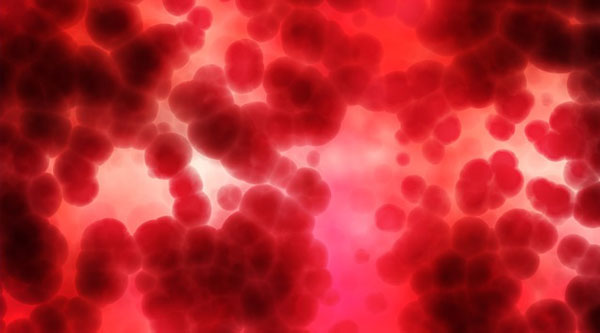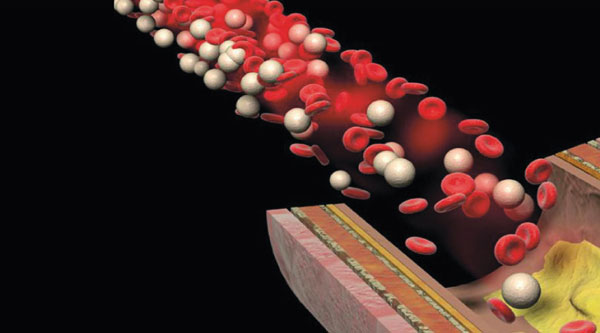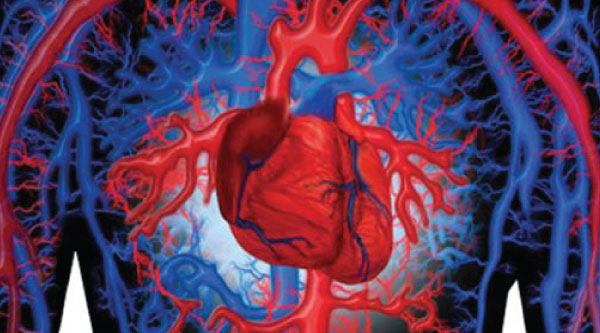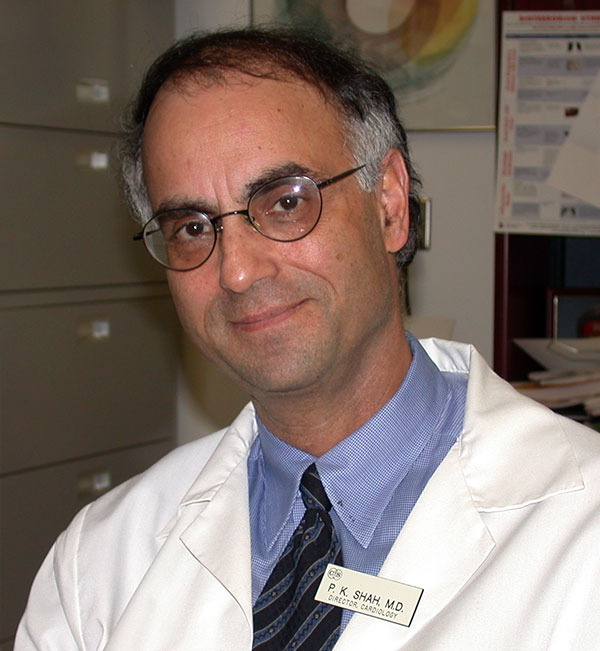P.K. SHAH LABORATORY
The Heart Foundation is currently providing vital financial support for the P. K. Shah Laboratory which is affiliated with the Smidt Heart Institute, Department of Medicine and Oppenheimer Atherosclerosis Research Center at Cedars-Sinai Medical Center. The P.K. Shah Laboratory is focused on identifying novel molecular mechanisms and pathways leading to inflammation and atherosclerosis (plaque build-up) and developing therapies to prevent, stabilize and reverse it.

Current projects include:

The genetic, molecular, biochemical and cellular mechanisms of atherosclerotic plaque formation

The role of autoimmunity in atherosclerosis and developing a vaccine for atherosclerosis, aortic aneurysm and hypertension

The development of novel therapies for inhibition, stabilization and regression of atherosclerosis

The bioengineering of blood vessels

The optimal diagnostic protocols for early detection of subclinical heart disease
For more information on the members of the P.K. Shah Laboratory, visit
https://www.cedars-sinai.edu/Research/Research-Labs/Shah-Lab/Lab-Members.aspx

PERSONAL STATEMENT FROM DR. P.K. SHAH
As director of the Oppenheimer Atherosclerosis Research Center at Cedars-Sinai and Principal Investigator of the P. K. Shah Laboratory, I am leading several studies that focus on heart disease prevention and treatment. Our lab has discovered the atheroprotective and atheroregressive effects of recombinant mutant apolipoprotein (ApoA-I Milano) and led its development into a therapeutic strategy. We developed the concept of immunomodulation of atherosclerosis using oxidized LDL and ApoB-100-related peptide antigens in a vaccination strategy against atherosclerosis, aortic aneurysm and hypertension. The P. K. Shah Lab has established the concept that macrophages and metalloproteinases contribute to plaque rupture and thrombosis.
My current investigations include:
- The role of novel genes (tenascin, pleiotrophin, GATA3 and KLF14) in atherosclerosis, plaque neovascularity, intraplaque hemorrhage and metabolic syndrome/obesity
- The potential role of ApoB-100 peptide based vaccines in modulation of atherosclerosis, hypertension and aortic aneurysm
- Gene transfer of ApoA-I Milano using AAV vectors for atherosclerosis regression
- Evaluation of transcriptional regulation of macrophage phenotype specifically examining the role of GATA3 in macrophage function
The P. K. Shah Laboratory is also evaluating the potential benefits of ApoA-1 Milano gene transfer for Alzheimer’s disease using animal models in collaboration with the Koronyo-Hamaoui Laboratory.







